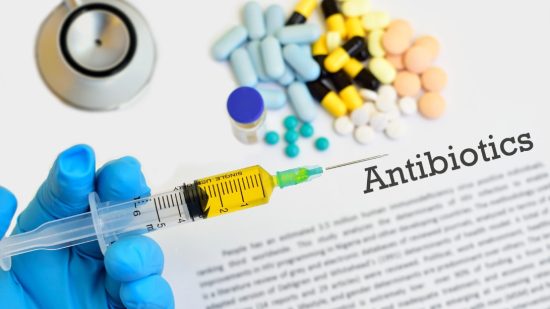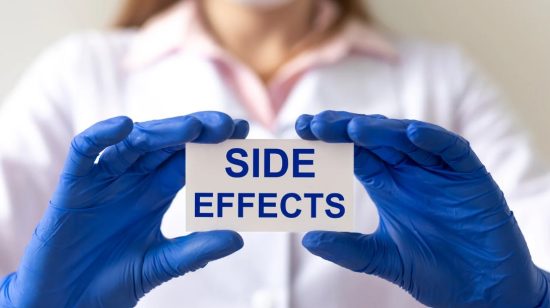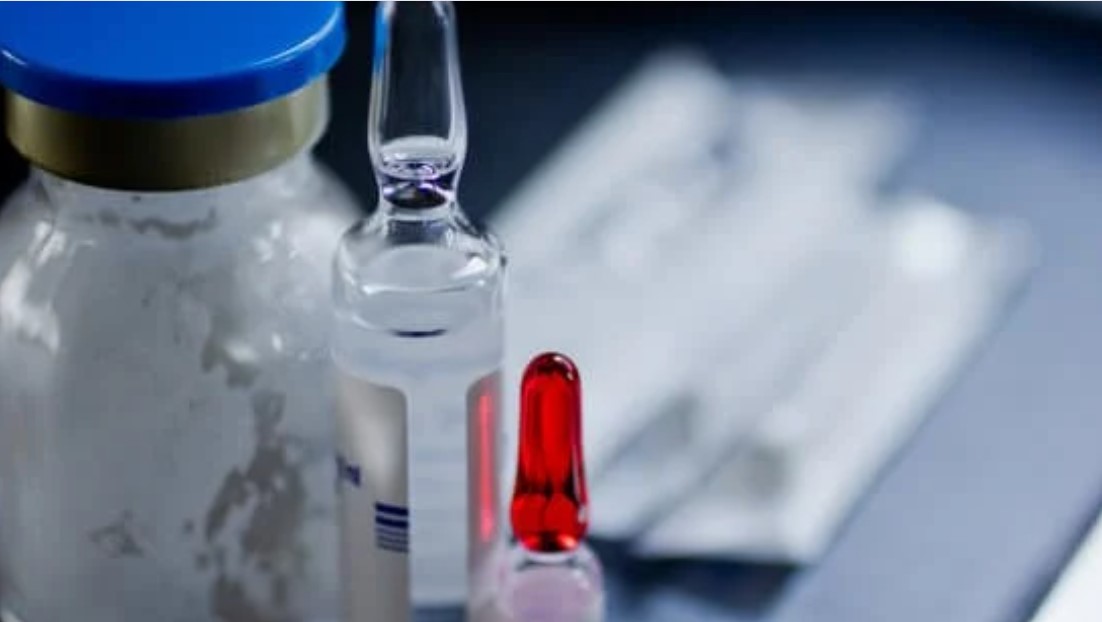Are you feeling under the weather and wondering how long it will take for those antibiotics to kick in? Antibiotics are like little warriors fighting off infections in our bodies, but have you ever stopped to think about how long they actually take to work their magic? In this blog post, we’re going to dive into the fascinating world of antibiotics and uncover just how long it takes for them to start making you feel better. So, please grab a cup of tea and let’s explore the timeline of antibiotic effectiveness together!
What is an Antibiotic?

Antibiotics are like the superheroes of medicine, swooping in to save the day when our bodies are under attack by nasty bacteria. They work by either killing bacteria or stopping their growth, giving our immune system a much-needed helping hand in fighting off infections. These powerful medications come in various forms, from pills to injections, and are prescribed by healthcare professionals based on the type and severity of the infection.
It’s important to remember that antibiotics only work against bacterial infections, not viral ones like the common cold or flu. So next time you’re prescribed antibiotics, think of them as your trusty sidekick in the battle against harmful bacteria lurking within – ready to restore your health and make you feel like a superhero yourself!
The Purpose of Antibiotics
Antibiotics are powerful medications that fight bacterial infections, which can cause various illnesses. They work by either killing bacteria or stopping their growth, allowing the body’s immune system to fight the infection effectively.
These medications are crucial for treating bacterial infections like strep throat, urinary tract infections, and pneumonia. By targeting bacteria, antibiotics help reduce symptoms and prevent the infection from spreading to other parts of the body. However, it’s important for healthcare providers to prescribe antibiotics carefully, based on the type of infection, to ensure they work well.
Antibiotics have greatly improved health outcomes by helping people recover from bacterial infections. Using them correctly also helps prevent the development of antibiotic-resistant bacteria, which can be very difficult to treat. It’s important for both healthcare providers and patients to understand when antibiotics are needed and to finish the full course of treatment as prescribed.
How Long Do Antibiotics Take to Work?

When you start taking antibiotics, they begin working quickly to combat the bacterial infection causing your illness. However, feeling completely back to normal may take a bit longer – typically around 2 to 3 days, but it can vary depending on the specific infection.
The effectiveness of antibiotics is influenced by several factors, including the type of bacteria causing the infection, the severity of the infection, and your overall health. In some cases, it may take longer for symptoms to improve, especially if the infection is more serious or if your immune system is weakened.
It’s important to follow your healthcare provider’s instructions and complete the full course of antibiotics, even if you start feeling better before you’ve finished all the pills. Stopping treatment early can lead to the bacteria becoming resistant to the antibiotic, making it harder to treat future infections.
Factors That Affect the Effectiveness of Antibiotics
- Nature of the Infection: The severity of the infection is crucial in determining the time it takes for antibiotics to work. While mild infections like UTIs may improve quickly, more severe infections may require longer treatment durations.
- Type of Antibiotic: The specific antibiotic prescribed also affects how soon you’ll feel better. Different infections require specific antibiotics tailored to combat them effectively. Some antibiotics work faster than others based on their mechanism of action and potency against the infecting bacteria.
- Overall Health: A person’s health status significantly impacts their response to antibiotics. Those with compromised immune systems or underlying health conditions may experience delays in improvement compared to healthier individuals. Healthcare providers consider these factors when prescribing antibiotics for optimal results.
Potential Risks and Side Effects of Taking Antibiotics

When using antibiotics, it’s important to be aware of potential risks and side effects.
- One common side effect is diarrhoea, which can result from the antibiotic disrupting the balance of good bacteria in your gut. This imbalance can cause digestive issues like loose stools or frequent bowel movements.
- Nausea is another possible side effect. Some individuals may experience queasiness or an upset stomach while taking antibiotics. Staying hydrated and consuming light, bland foods can help alleviate these symptoms.
- Although less common, vomiting can occur as a more severe side effect of antibiotic use. If vomiting persists or becomes severe, it’s essential to seek guidance from your healthcare provider promptly.
- Abdominal cramps are also a potential side effect. These cramps can range from mild discomfort to more intense pain and may be accompanied by bloating or gas.
It’s important to listen to your body and discuss any concerns with your doctor if you experience these symptoms while taking antibiotics.
Tips for Enhancing Antibiotic Effectiveness
To enhance the effectiveness of antibiotics, it’s crucial to follow a few simple tips.
- Always take antibiotics exactly as prescribed by your healthcare provider to prevent antibiotic resistance.
- Finish the entire prescribed course of antibiotics, even if you start feeling better, to ensure all bacteria are eradicated.
- Refrain from consuming alcohol while on antibiotics, as it can interfere with the medication’s effectiveness and increase the risk of side effects.
- Regularly wash your hands and maintain good hygiene practices to prevent the spread of infections.
- Incorporate probiotics into your diet during and after antibiotic treatment to restore healthy gut bacteria.
- Consume a balanced diet rich in fruits, vegetables, and whole grains to support overall immune health and aid in recovery.
Conclusion
It is essential to understand that antibiotics start working immediately, but the time it takes for you to feel better can vary depending on the type of infection and antibiotic being used. It’s crucial to complete the full course of antibiotics as prescribed by your healthcare provider, even if you start feeling better before finishing them.
Remember always to follow your healthcare provider’s instructions, and never hesitate to reach out if you have any concerns or experience side effects while taking antibiotics. By being informed and proactive about your treatment, you can help ensure a successful recovery from bacterial infections.
FAQs – How Long Do Antibiotics Take to Work?
How do you know if antibiotics are working?
Unfortunately, there’s no self-diagnosis when it comes to antibiotics. While they start working immediately, feeling better can take 2-3 days. By the end of the prescribed course, you should experience a noticeable improvement or complete resolution of symptoms.
Will 3 days of antibiotics do anything?
No, taking antibiotics for only 3 days won’t effectively treat an infection. Antibiotics need enough time to eliminate the bacteria causing the infection completely. Taking them for less than prescribed increases the risk of antibiotic resistance, making future infections harder to treat.
What to avoid while on antibiotics?
While specific interactions depend on the antibiotic, some general advice applies:
- Avoid alcohol: It can interfere with the antibiotic’s effectiveness and cause side effects.
- Grapefruit juice: This can increase antibiotic levels in your body, potentially leading to toxicity.
- Dairy products: Some antibiotics may interact with dairy, affecting absorption. Check with your doctor.
- Other medications: Inform your doctor about any other medications you’re taking, as they might interact with antibiotics.
What is the strongest antibiotic for bacterial infection?
There’s no “strongest” antibiotic, as all have different strengths and weaknesses against specific bacteria. Choosing the right antibiotic depends on the type of infection, the bacteria causing it, and your individual health.
How long does it take for amoxicillin to kick in?
Amoxicillin starts working immediately, but noticeable improvement in symptoms can take 2-3 days. The full course of treatment usually lasts 5-7 days, depending on the infection.

